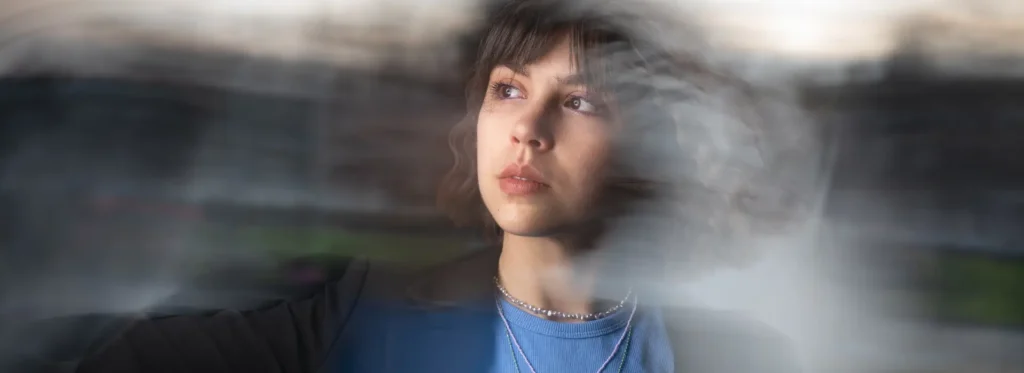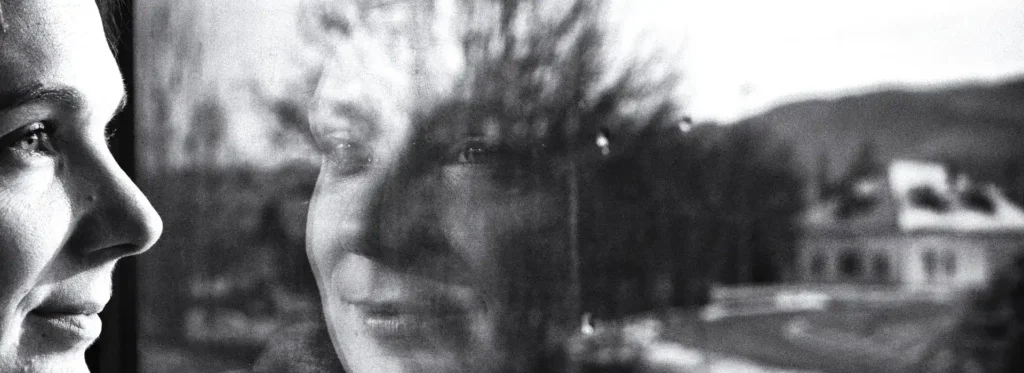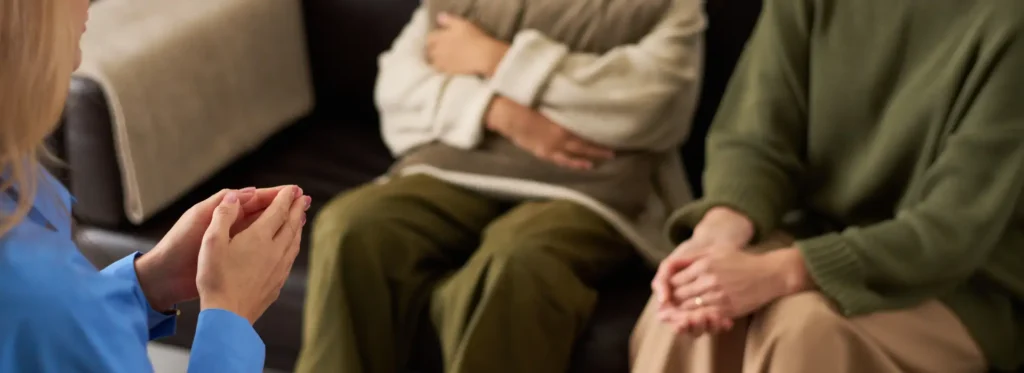Prescription Drug Addiction Treatment Los Angeles
Personalized Care for Prescription Drug Addiction Treatment in Los Angeles
Finding the right help for prescription drug addiction can feel like a huge emotional task, especially when you’re already worn down. But if you’re in Los Angeles, you have access to a broad range of addiction treatment programs. Whether you’re struggling with opioids, benzodiazepines, or stimulants, prescription drug addiction treatment in Los Angeles meets you exactly where you are with compassion and evidence-based care.

Understanding Prescription Drug Addiction
Prescription drug addiction often starts from a place of trust, taking a medication that was meant to help. But when dependence builds and stopping becomes too painful or scary, it’s no longer just a prescription; it’s an addiction.
This type of addiction often develops after long-term use of medications like painkillers, anxiety meds, or stimulants. What begins as relief can slowly shift into something that takes over your daily life. Tolerance builds, and before long, it may feel like you can’t function without the drug. If you or someone you love is dealing with prescription drug addiction, know that effective and empathetic help is available.
Common Prescription Drugs That Can Lead to Addiction
Not every prescription is safe in the long run. Here’s a quick breakdown of the most common culprits.
Opioids like OxyContin, Vicodin, and Percocet are prescribed for pain but come with a high risk of dependency. These drugs change how your brain processes pain and pleasure, often creating a cycle of craving and withdrawal that’s hard to escape. Detoxing from prescription drugs like opioids is safest in a medically supervised detox program.
Meds like Xanax, Ativan, and Valium are used to treat anxiety and sleep disorders. But they can quickly lead to physical dependence, especially when used for longer than prescribed. Stopping benzos suddenly can be dangerous and even life-threatening without medical supervision.
Stimulants such as Adderall and Ritalin are often prescribed for ADHD. While helpful in small doses, misuse can lead to psychological dependence, increased heart risks, and emotional crashes once the medication wears off. These drugs are frequently misused by students and professionals.
Though less commonly discussed, sleep medications and barbiturates can also lead to addiction. These drugs often fly under the radar but carry serious withdrawal symptoms, especially when stopped abruptly. Dependency can develop quietly and be hard to spot until it becomes severe.
Prescription Drug Addiction Treatment Centers
Treatment programs in Los Angeles offer a variety of treatment options tailored to different needs. Here’s what you can expect during treatment.
Medical Detox
Supervised detox is often the first step in recovery. In Los Angeles, detox centers provide 24/7 medical support to manage withdrawal symptoms and prevent complications. This stage is crucial for stabilizing your health and preparing you for the next phase of recovery. A prescription drug detox center can help you detox safely while managing symptoms of prescription drug withdrawal.


Inpatient Rehab
Inpatient programs offer a structured environment where you can focus entirely on healing. With access to therapy, medication, and holistic treatments, inpatient rehab is ideal for people with severe addiction or co-occurring mental health issues. Residential treatment offers the level of care needed to stabilize and rebuild after chronic prescription drug abuse.
Outpatient Programs
If you need more flexibility, outpatient treatment allows you to attend therapy while living at home. Programs range from standard outpatient care to intensive outpatient (IOP) or partial hospitalization (PHP), depending on your needs. Outpatient prescription drug addiction treatment offers support while balancing work, school, or family life. These outpatient treatment programs are often part of a long-term treatment plan.

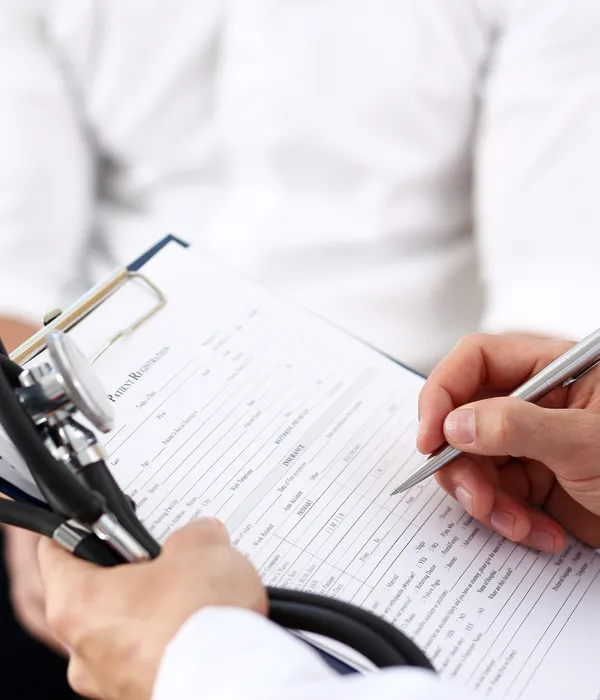
Aftercare and Relapse Prevention
Recovery doesn’t stop when the program ends. Aftercare services often include ongoing therapy and lifestyle coaching. These help reduce the risk of relapse and offer continued guidance as you rebuild your life. Addiction treatment programs are designed to support recovery long after formal treatment ends.
Therapies That Support Recovery
The most effective treatment combines clinical therapy with holistic healing strategies.
One-on-one sessions help uncover the emotional roots of addiction. Therapists utilize tools such as Cognitive Behavioral Therapy (CBT) and Motivational Interviewing to foster self-awareness, emotional regulation, and healthier coping mechanisms.
Sharing your journey with others creates a strong support system. Group sessions offer encouragement, accountability, and new perspectives that can ease the weight of isolation many addicts feel. Group therapy is especially helpful in drug and alcohol treatment settings.
Many people turn to prescription drugs to cope with trauma. LA providers often use somatic therapy, EMDR, or other trauma-focused methods to help clients process pain in a safe and supportive environment.
Addiction affects everyone in the household. Family therapy provides a space for honest conversations and helps repair strained relationships while building a healthier dynamic moving forward.
Risks of Long-Term Prescription Drug Misuse
Left untreated, prescription drug addiction can lead to serious physical and emotional consequences. From organ damage and memory loss to social isolation and overdose, the risks are real. Long-term use often leads to dependence, and the longer it goes on, the harder it becomes to quit. Emotionally, the shame and fear of asking for help can create even more pain. That’s why compassionate, holistic prescription drug addiction treatment in Los Angeles is so crucial. Getting the proper help can mean healing your life.
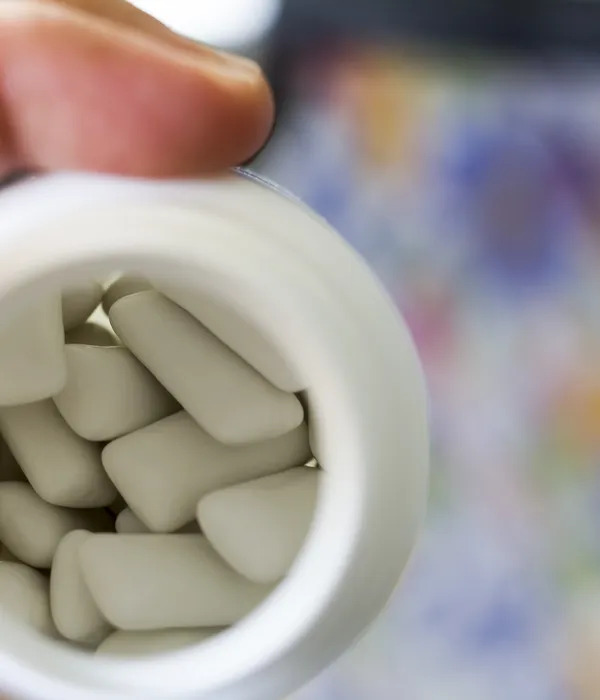
Holistic and Nutritional Support in Recovery
Prescription drug addiction treatment often includes services that heal more than just the physical symptoms.
Nutrition Counseling
Addiction can severely impact your nutritional health. A balanced diet, guided by a nutritionist, helps stabilize mood, energy, and physical recovery. Rebuilding your health from the inside out can restore your sense of strength and self-worth, one nourishing meal at a time.
Yoga and Movement
Mind-body practices, such as yoga or tai chi, promote nervous system regulation and reduce stress. Many centers offer these as part of a holistic care model. These gentle practices can be a powerful reminder that healing doesn’t have to be rushed. Instead, it can happen through breath, movement, and stillness.
Mindfulness and Meditation
Mindfulness practices increase your awareness and self-control, which are important when it comes to resisting cravings. Programs often incorporate guided meditation to support mental clarity. Even a few minutes of stillness can help calm inner chaos.
Creative Therapies
Art and music therapy offer powerful outlets for expression and healing. These approaches can bypass traditional talk therapy and connect you with emotions that are hard to verbalize. In a safe, supportive setting, creativity can become a form of release and a path to rediscovering your identity.
Inclusive Care for Special Populations
Some people face extra barriers on their path to recovery. Different treatment facilities offer tailored support for different identities and needs. These substance use programs acknowledge that healing looks different for everyone when overcoming addiction.
Young people face intense social and academic pressure, which can feed into prescription drug misuse. Many also struggle with identity, belonging, and uncertainty about the future. Programs for this age group focus on building resilience and reconnecting with a purposeful life through peer connection and supportive mentorship.
Women struggling with prescription drug addiction often face unique challenges, including trauma, caregiving roles, hormonal health, and societal expectations. Gender-specific programs provide care that respects and supports these realities, offering a compassionate environment that understands what women carry into recovery.
Members of the LGBTQ+ community often face stigma and discrimination that contribute to addiction. These experiences can cause deep emotional wounds and isolation. Inclusive treatment centers create safe, affirming spaces for healing where identity is respected and stories are heard.
Mental health conditions like depression, anxiety, and PTSD are common alongside addiction. These overlapping issues require care that sees the whole person. Dual diagnosis treatment in Los Angeles treats both concerns simultaneously, helping individuals regain stability and clarity while learning how to manage triggers with compassion and dignity.

Lost Angels' Prescription Drug Addiction Treatment Program
At Lost Angels, we know that prescription drug addiction doesn’t happen in a vacuum. It often starts quietly, and before you know it, you’re feeling trapped. But we want you to know this: it is never too late to ask for help. Our prescription drug rehab program is built around compassion and evidence-based care. We offer a safe, supportive space where healing truly begins. From medically supervised detox to therapy and long-term aftercare, our team will walk with you every step of the way. If you’re ready to take the first step toward healing, we’re ready to meet you with open arms. Reach out to Lost Angels today.
Related Treatments
Frequently Asked Questions
What are the most effective therapies for treating prescription drug addiction?
CBT, DBT, and trauma-informed approaches like EMDR are among the most effective therapies for treatment. These help individuals understand their triggers, develop new coping strategies, and heal emotional wounds.
Can you describe the inpatient rehabilitation process for prescription drug dependency?
Inpatient rehab begins with detox and continues with daily therapy, group work, and skill-building. You’ll live at the facility full-time with 24/7 support. The goal is to stabilize your health and help you build a strong foundation for recovery.
What outpatient support options are available for maintaining sobriety from prescription medications?
Outpatient support may include individual therapy, group sessions, medication management, and peer support groups. These services offer flexibility while still providing a strong structure for long-term recovery.
How long does a typical prescription drug addiction treatment program last?
Programs vary. Detox may take a week, inpatient stays can last 30–90 days, and outpatient support might continue for months. The best treatment is the one that adapts to your needs over time.
What role does detoxification play in the treatment of prescription drug addiction?
Detox helps safely manage withdrawal symptoms and sets the stage for deeper therapy. Medical professionals monitor your health throughout, and some medications may be used to ease discomfort and prevent complications.
How do you address the risk of relapse in individuals recovering from prescription drug addiction?
Relapse prevention starts on day one. Therapy helps clients identify triggers and develop healthy responses. Ongoing support, aftercare planning, and peer connections ensure you’re not facing recovery alone. When setbacks happen, compassion, not shame, leads the way back to healing.

